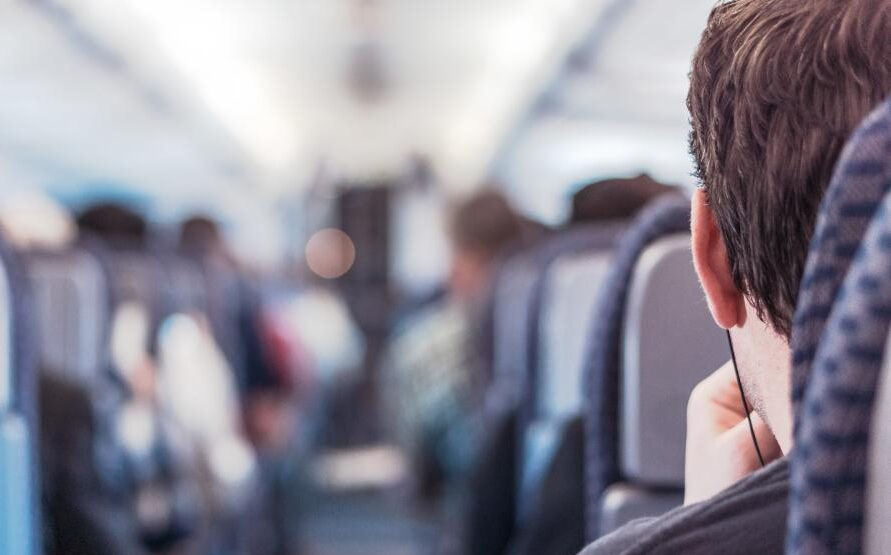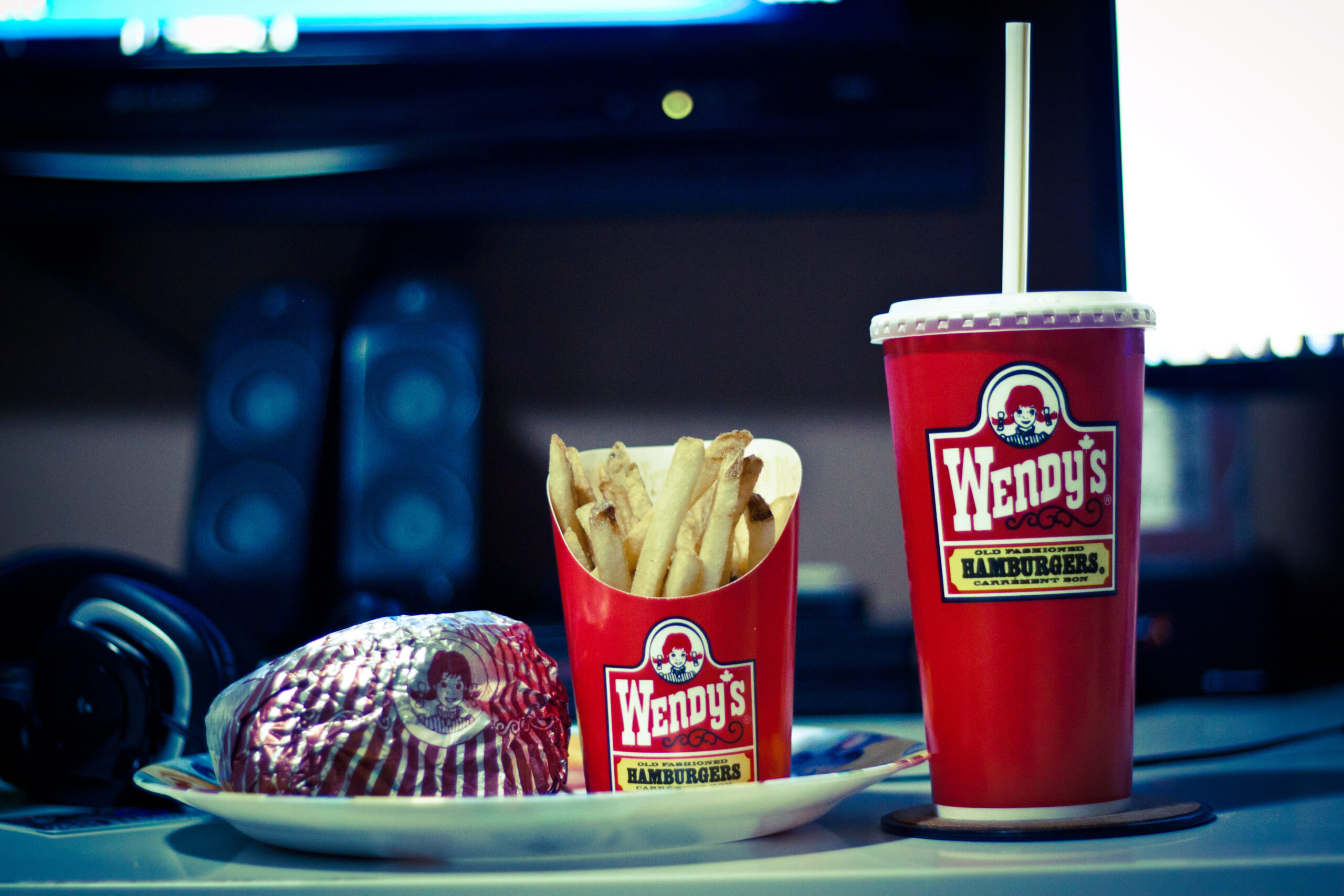The sound cuts through cabin noise like a blade through silence. A baby’s cry at 30,000 feet becomes everyone’s shared soundtrack, sometimes no matter what a parent seems to do to stop it.
Kirk Minihane , Barstool Sports host demanded crying babies face consequences during flights, telling parents to “do something” about their screaming children. The incident joins a growing list of in-flight etiquette battles this year, from heated debates over cologne use to passenger confrontations over reclining seats, suggesting air travel has become a tinderbox for broader social tensions.
When Public Spaces Turn Private
Minihane’s outburst taps into something deeper than travel frustration. America’s birth rate has plummeted to 1.66 children per woman—the lowest in decades. Fewer babies mean less tolerance for the ones who exist. Rural communities that once celebrated every birth now watch playgrounds empty like abandoned homesteads.
Many parents emphasized that crying babies distress parents as much as fellow passengers. “The parents want, more than any other person on the plane, to stop their baby from crying,” noted Baby Can Travel owner in a Washington Post article addressing the controversy.
The Science of Shared Stress
Yet the confined space creates pressure for everyone. Altitude changes affect emotional regulation in adults and infants alike. The psychological stress of perceived confinement amplifies normal reactions, turning minor annoyances into major confrontations.
Professional guidance suggests preparation over prohibition. “If other people see you trying, even if you’re not succeeding, they will feel at least you’re doing your best to stop it. And they’ll have some sympathy for you,” CNN explains.
Solutions Take Flight
Some airlines acknowledge the tension without abandoning empathy. Japan Airlines shows baby locations on seat maps, allowing passengers to make informed seating choices. Etihad provides flying nannies for family support during long-haul flights. These practical accommodations honor both parental rights and passenger preferences.
Travel advocates suggest sensory-sensitive passengers—both adults and children—deserve accommodation options that don’t require excluding entire age groups from public spaces. Recent incidents involving unruly passengers, from rowdy ravers disrupting flights to viral confrontations over personal space, highlight how air travel amplifies social friction across all age groups.
The controversy fades, but the underlying tension remains. Public spaces belong to everyone—including the smallest, loudest members of society. In a nation where birth announcements grow rarer and tolerance thinner, perhaps the real question isn’t how to quiet babies, but how to remember why their voices matter.


















